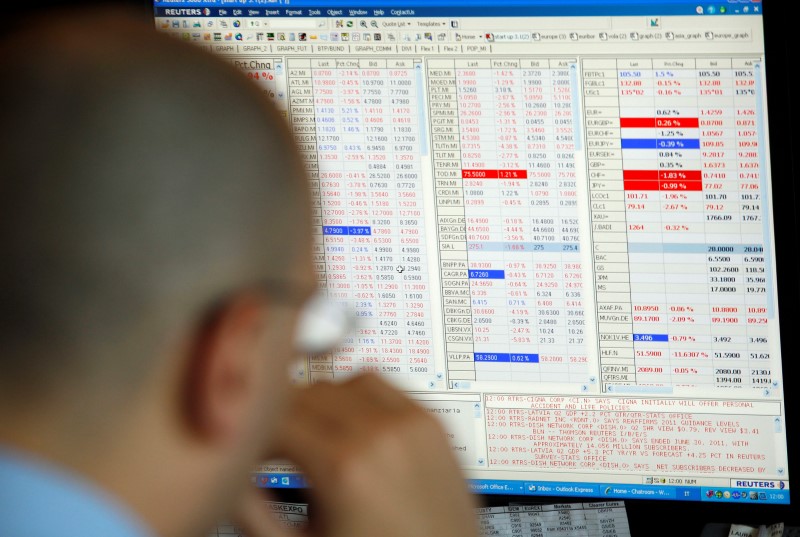This post was originally published on this site
https://i-invdn-com.akamaized.net/news/LYNXMPEA601E0_M.jpg
CHICAGO (Reuters) – Allowing U.S. states to file for bankruptcy is not the way to deal with deep financial problems the governments are facing from the COVID-19 economic disaster, and would knock down the municipal bond market, BofA Global Research said on Friday.
In a research report BofA said the $3.8 trillion muni market where states, cities, schools and other issuers sell debt would “certainly sell off” if the idea garnered support.
U.S. Senate Majority Leader Mitch McConnell on Wednesday brought up state bankruptcy as a preferred alternative to sending more federal money to the governments to plug their budget holes and potentially pay for pensions. President Donald Trump on Thursday said his administration would look at the idea.
Several Democratic governors slammed the notion as irresponsible. [L2N2CB0KR] Municipal market analysts said the move would face big political and constitutional hurdles and was unlikely to gain traction.
“It will be highly disruptive to the municipal bond market broadly and will result in significantly higher borrowing rates at a time when those costs are least absorbable,” the BofA report said.
It added states would not likely opt for bankruptcy for fear of hurting their market access and that most municipal bankruptcies have resulted in a better treatment for pensions than bondholders.
Currently, only cities and other local governments can use Chapter 9 municipal bankruptcy to restructure their debt if allowed by their states. Puerto Rico, a U.S. commonwealth, commenced a form of municipal bankruptcy in 2017 after the U.S. Congress authorized it.
The National Governors Association has been pushing for $500 billion in federal money to replace revenue lost by states. The $2.3 trillion federal CARES Act allocated $150 billion to states and local governments exclusively to cover virus-related expenses.
With social distancing and stay-at-home orders in place around the nation aimed at slowing the virus’ spread, nonessential businesses and services have shuttered, leading to skyrocketing unemployment and lower consumer spending. As a result, cities and states are starting to project deep revenue losses, particularly for big money generators like income and sales taxes
In addition, the stock market downturn could push overall state pension debt to an all-time high, according to a new report from The Pew Charitable Trusts. With 75% of state pension assets invested in stocks and alternative investments, pension debt, currently at $1.2 trillion, could climb by $500 billion, absent positive returns in the next three months.

